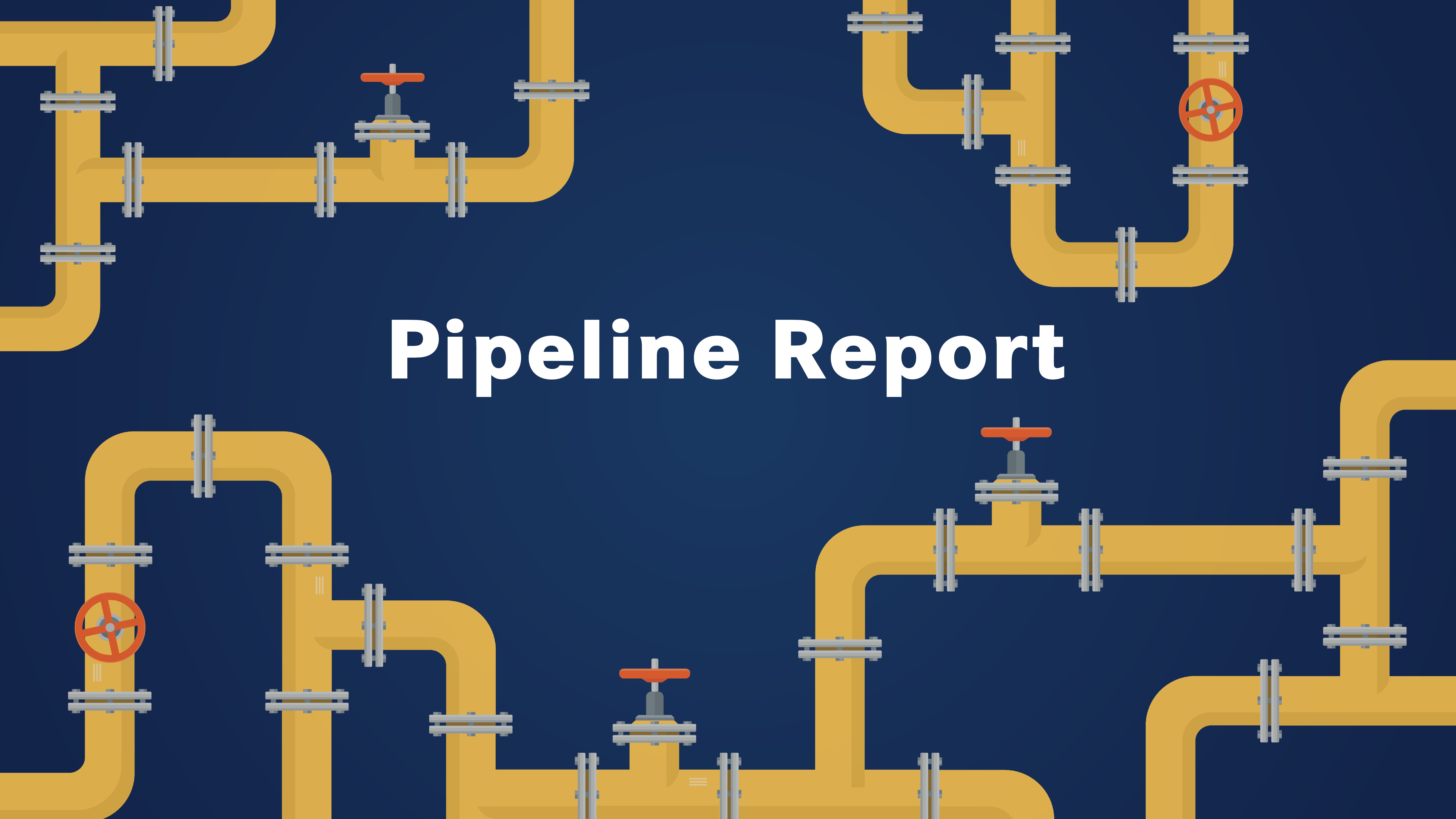- Advertise
- About OncLive
- Editorial Board
- MJH Life Sciences brands
- Contact Us
- Privacy
- Terms & Conditions
- Do Not Sell My Information
2 Clarke Drive
Suite 100
Cranbury, NJ 08512
© 2025 MJH Life Sciences™ and OncLive - Clinical Oncology News, Cancer Expert Insights. All rights reserved.
Devimistat Plus Hydroxychloroquine Shows Early Promise in Relapsed Clear Cell Sarcoma
No dose-limiting toxicities have been reported in the first cohort of patients with relapsed clear cell sarcoma who received the combination of devimistat and hydroxychloroquine in the dose-escalation portion of the ongoing phase 1/2 APOLLO 613 trial.
No dose-limiting toxicities (DLTs) have been reported in the first cohort of patients with relapsed clear cell sarcoma who received the combination of devimistat (CPI-613) and hydroxychloroquine in the dose-escalation portion of the ongoing phase 1/2 APOLLO 613 trial (NCT04593758).1
Devimistat was developed to target the enzymes that are involved in cancer cell energy metabolism and are located within the mitochondria of cancer cells. Specifically, the agent targets the TCA cycle, which is a critical process for tumor cell multiplication and survival or selectively in cancer cells.
The agent significantly increases cellular stress and the sensitivity of cancer cells to a wide range of chemotherapy drugs. That synergy allows for the agent to potentially be combined with other drugs at lower doses to boost efficacy and reduce adverse effects.
“The success of our first cohort of dose escalation increases our optimism that devimistat may help address the gaps for efficacious treatment for relapsed clear cell sarcoma,” Sanjeev Luther, president and chief executive officer of Rafael Pharmaceuticals, stated in a press release. “There is a significant unmet need in treatments for clear cell sarcoma and other rare cancers, and as such, patients and physicians in the rare disease community are incredibly hopeful of devimistat’s capabilities.”
The trial enrolled patients between the ages of 11 years and 75 years who have a Karnofsky performance status of greater than 60 and ECOG performance status ranging from 0 to 2, as well as acceptable liver and neurologic function.2
The phase 1 portion of the trial includes those with relapsed or refractory clear cell sarcoma and other fusion-positive relapsed or refractory sarcoma. Those with Ewing sarcoma were also permitted. The phase 2 portion will enroll patients with relapsed or refractory clear cell sarcoma.
If patients received other chemotherapy within 1 week of study therapy initiation, if they have hypersensitivity to any of the components of either study agent, any other medical or psychological condition, or no marked baseline prolongation of QT/QTc interval, they were excluded. Other exclusion criteria include having potentially curative anticancer therapy available or being pregnant or breastfeeding.
Participants received hydroxychloroquine at a dose of 2.5 mg/kg followed by 1000 mg/m2 of devimistat. Twelve hours after the first dose, a daily dose of 2.5 mg/kg of hydroxychloroquine was given on days 1 through 5 of each 28-day cycle.
The primary outcome measures were maximum tolerated dose, toxicity, and overall response rate. Secondary outcome measures include duration of response, progression-free survival, and overall survival.
Additional trial sites will be added at Seattle Children’s and Atrium Health Wake Forest Baptist. Existing sites enrolling patients include City of Hope, Cleveland Clinic Children’s, University of Michigan’s Rogel Cancer Center, and Vanderbilt University Medical Center.
“Enrolling patients into our second cohort of dose escalation so soon after establishing safety in the first cohort demonstrates the dire need and demand for effective treatments for rare sarcomas,” Rashmi Chugh, MD, co-principal investigator on the trial and clinical professor at the University of Michigan Health, added in the release. “We are hopeful that devimistat will produce favorable outcomes for those suffering from relapsed clear cell sarcoma.”
In November 2021, the first patient was enrolled to the trial.3
References
- Rafael Pharmaceuticals announces successful completion of dose escalation with no dose-limiting toxicity (DLT) in first cohort of APOLLO 613 phase 1/2 clinical trial of CPI-613 (devimistat) in patients with relapsed clear cell sarcoma. News release. Rafael Pharmaceuticals, Inc.; January 6, 2022. Accessed January 7, 2022. https://bit.ly/3HHTwPF
- To evaluate maximum tolerated dose (MTD), safety and efficacy of CPI-613 (devimistat) plus hydroxychloroquine in patients with relapsed or refractory clear cell sarcoma of soft tissue. ClinicalTrials.gov. Updated September 28, 2021. Accessed January 7, 2022. https://clinicaltrials.gov/ct2/show/NCT04593758
- Rafael Pharmaceutical announces first patient enrolled in APOLLO 613 phase 1/2 clinical trial of CPI-613 (devimistat) in patents with relapsed clear cell sarcoma. News release. Rafael Pharmaceuticals, Inc.; November 11, 2021. Accessed January 7, 2022. https://bit.ly/3r1n9V8


